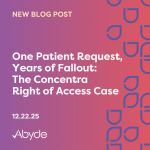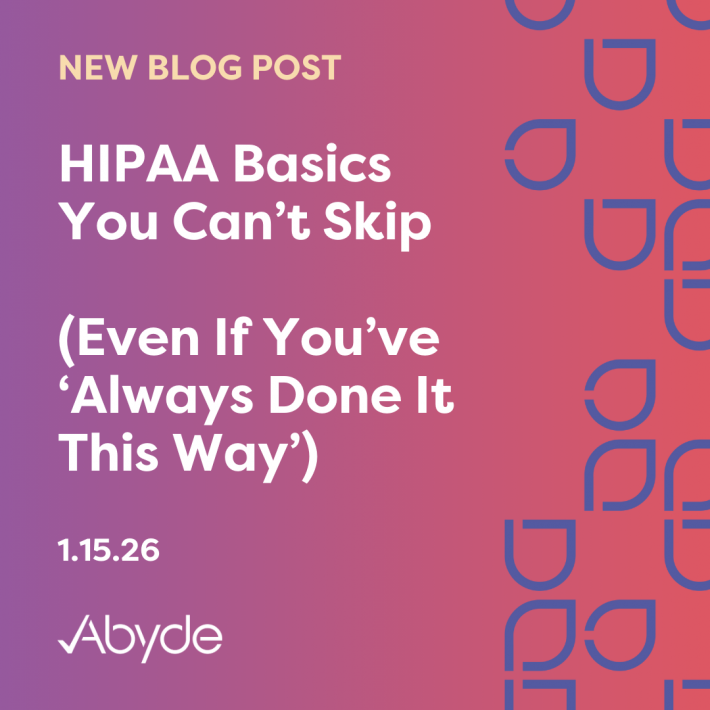August 7, 2025
Under HIPAA, healthcare practice staff must keep a secret. This means everyone with access to patient data, from doctors to receptionists, can’t share any information about a patient. While it might feel enticing for a nurse to tell their friends about an old high school bully coming into their practice with a rash, and revenge might feel sweet, it’s a total HIPAA no-no.
One of the pillars of HIPAA is the Privacy Rule, which dictates when and if Protected Health Information (PHI) can be shared. The Privacy Rule keeps patient data secure and allows the best care, with patients knowing their information will remain confidential.
However, sometimes information needs to be shared. This is where the Minimum Necessary Standard comes in. With this rule, healthcare providers and their Business Associates can share PHI if it’s vital to complete work tasks.
Safeguarding confidential information upholds the integrity of your practice and allows patients to feel comfortable when addressing health concerns. Your practice must follow HIPAA to keep patient data safe and secure.
What is the Minimum Necessary Standard?
All in the name, the Minimum Necessary Standard defines how HIPAA-regulated entities can share information. Depending on the situation, more information might be warranted to be shared compared to others.
The easiest way to explain the HIPAA Minimum Necessary Standard is to compare it to ordering pizza. When you order a pizza for delivery, you only provide the minimum necessary information: your name, what you want to eat, and your address. You wouldn’t share details like what you ate for breakfast or the names of everyone in your house because that information isn’t needed for the delivery.
In a healthcare setting, while not as cheesy, the same principle applies. A front-desk receptionist, for example, needs access to a patient’s basic information to confirm an appointment. They don’t need access to the patient’s full medical history. The minimum information required for their job is scheduling and patient identification, not the patient’s back surgery details. The HIPAA Minimum Necessary Standard ensures that everyone, from the front desk to doctors, to even your vendors, can only access the PHI they absolutely need to do their job.
In some situations, more information can be shared more easily. These exceptions include disclosures for treatment purposes, such as when a doctor needs a patient’s complete medical history to provide proper care. Your practice can share PHI with the patient directly, or someone with explicit authorization from the patient, or in a public emergency. Finally, disclosures may also be required by law.
Simplifying the Minimum Necessary Standard
Your staff must uphold the security of PHI. By following the HIPAA Privacy Rule, you stay compliant and build a successful practice. When patients feel confident that their records are safe, they’ll trust you and feel empowered to choose your practice.
It’s a serious responsibility. With the right solution, staff can be appropriately trained to handle health records. Smart software can streamline training for your practice and provide dynamically generated policies and procedures for all staff to access and review whenever they have a question regarding the use of PHI.
Meet with a compliance expert today to learn more about protecting your practice and patients.





